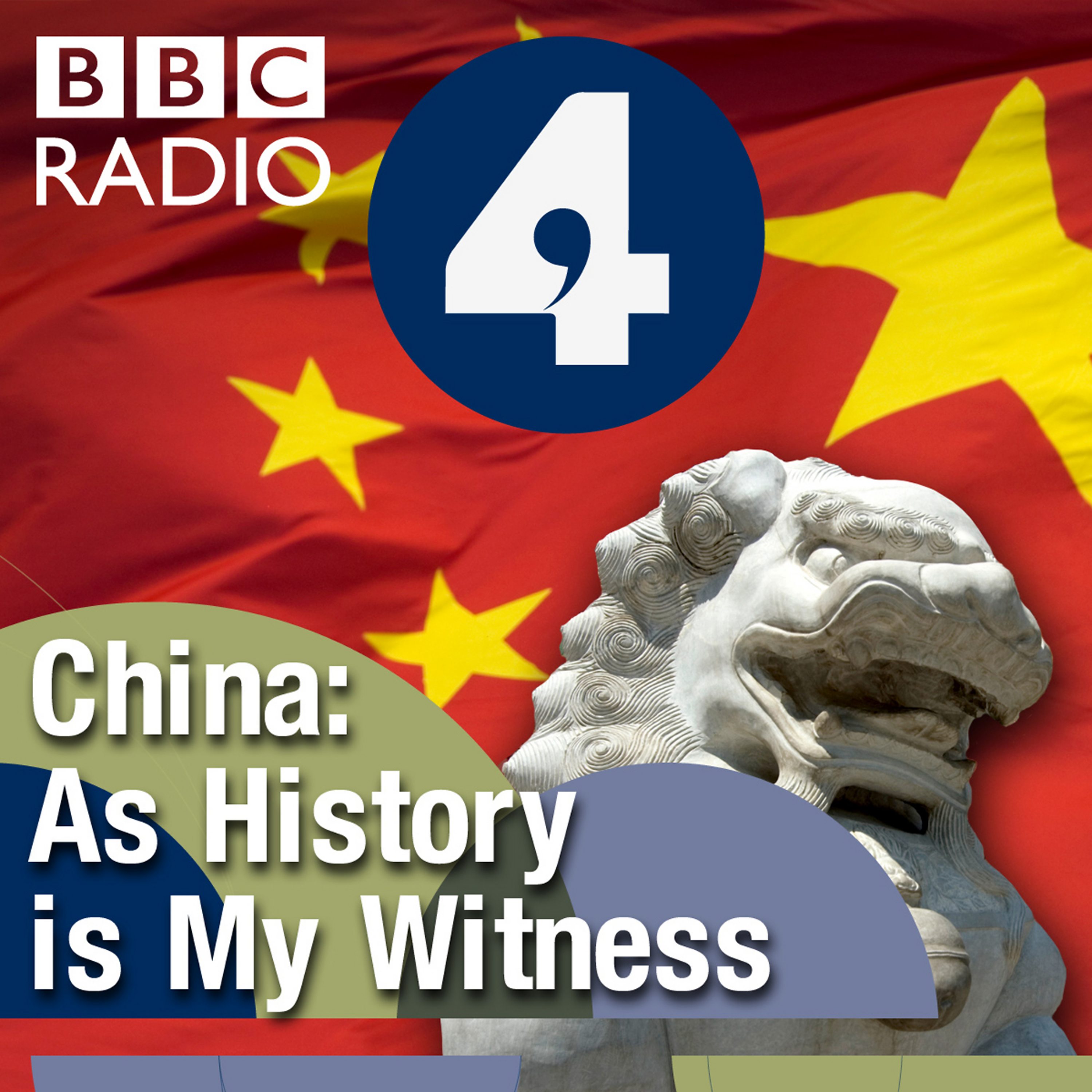The Soong Sisters - The Consorts
Description
On one bank of the Huangpu river in Shanghai stands a forest of steel and glass skyscrapers, but on the other - colonial splendour. A century ago, foreigners unpacked a whole new fascinating way of life on the docks here.
From Western ships came bicycles, engine parts and young Chinese with a vision of modernity - adventurers like Charlie Soong who had been out to see the world and had come back.
Charlie had sons, and in any earlier generation he'd have ignored his daughters but he had been educated by American Methodists and he believed in Christian virtue, democracy and the dignity of women.
From this waterfront, he sent his daughters to America to get a grounding in all three.
As Shanghai boomed, their horizons expanded. And in 1914 the eldest, Ailing, made a strategic match with a young man, H H Kung. Money was no object. He and his bride would become China's richest couple.
Qingling, the second sister, married a very different kind of politician - Sun Yatsen, the revolutionary leader of China, who had become President of China after the overthrow of the Qing dynasty in 1912.
As Sun was an older man and already married, Qingling's parents objected - so she jumped out of a window and eloped with him.
All three sisters were very much in the public eye, and in the news magazines almost as often as film stars - but life wasn't just a round of photo opportunities and jazz.
Qingling's husband Sun Yatsen died in 1925 and his movement split into warring camps.His successor, Chiang Kaishek, was a no-nonsense military man - some would say a fascist. Qingling was horrified by his tactics. And doubly horrified when she discovered her younger sister Meiling was planning to marry him.
Presenter: Carrie Gracie
Producer: Neal Razzell.
More Episodes
Published 10/19/12
At best they have been taken for granted and sometimes they have endured far worse at the hands of China's governments and invaders alike. What voice for the Chinese public now?
Published 10/19/12
Chinese history can be read as a series of peasant rebellions. One in the 19th Century, led by a man who thought he was Christ's brother, lasted 15 years and caused at least 10 million deaths.
Originally, all Hong Xiuquan wanted was to be part of the establishment. A village schoolteacher, he...
Published 10/18/12


